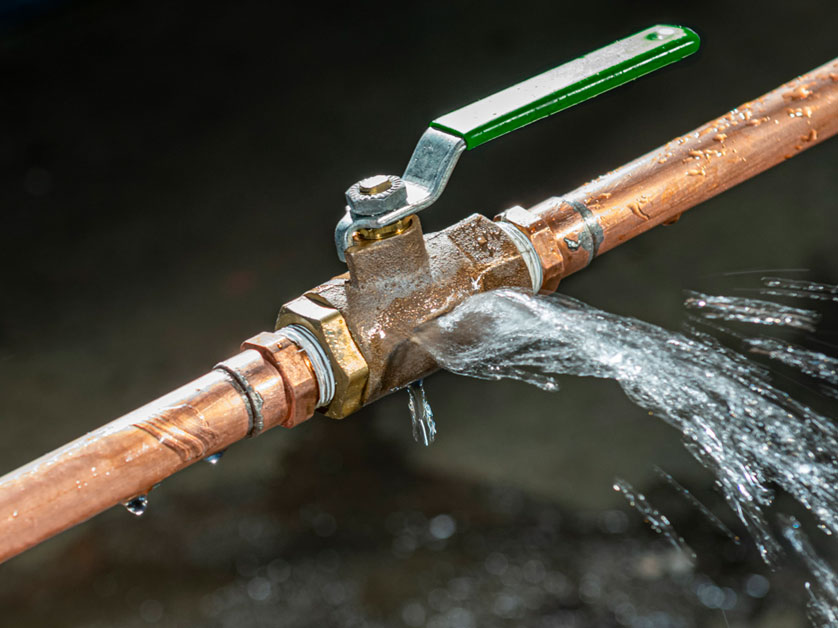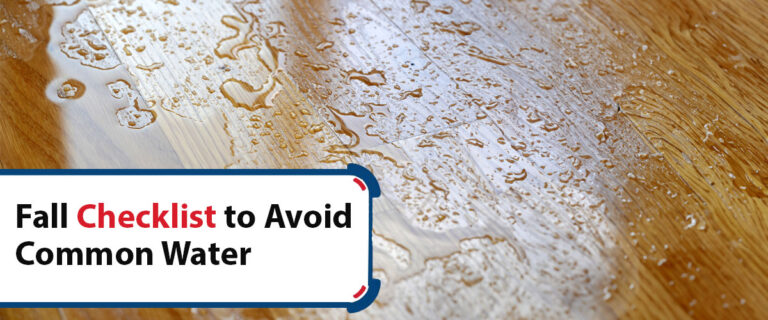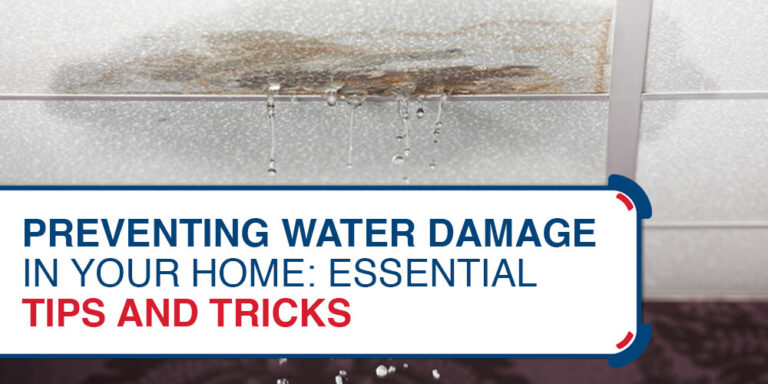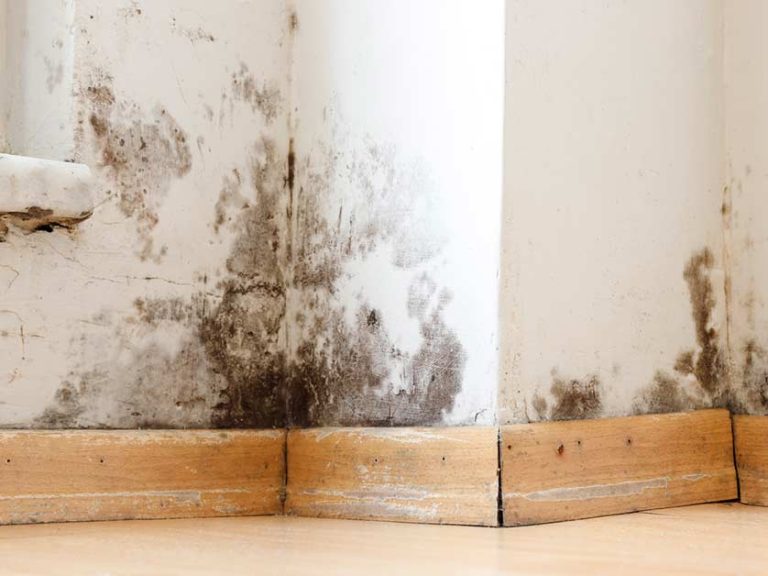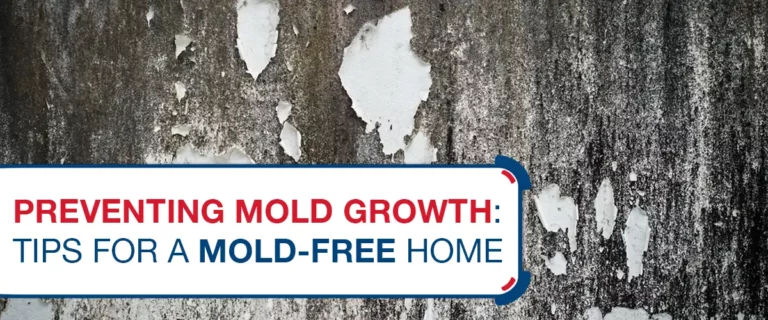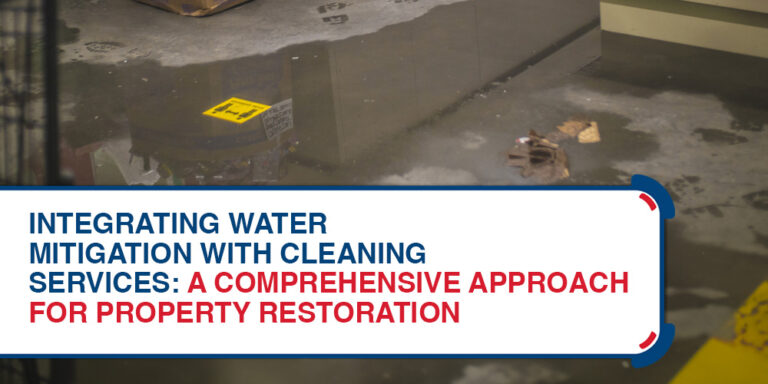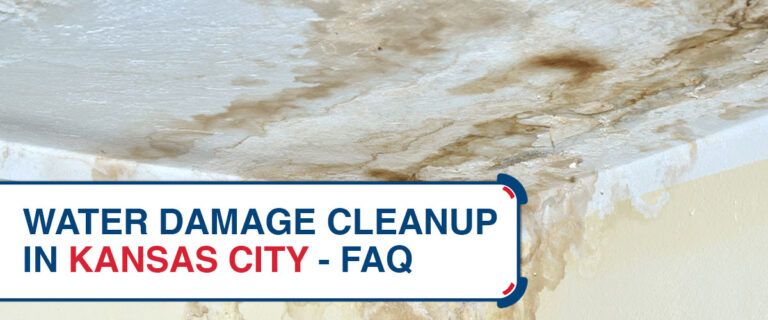Winter weather comes with a picturesque landscape, but it can also usher in a host of hazards for homeowners. From frigid temperatures to snowfalls that seem to blanket everything in sight, it’s crucial to be aware of the types of water damage that can arise from these conditions. Understanding these risks can help you take proactive measures to safeguard your home. Let’s delve into five common winter weather hazards that could cause significant water damage to your property.

1. Burst Pipes
A prominent threat during the winter months is the bursting of pipes. Pipes can freeze and burst when the temperature plummets, particularly if it isn’t well-insulated. This can lead to extensive water damage, affecting your home’s structural integrity and potentially leading to costly repairs. Insulating your pipes and allowing your faucets to drip slightly during severe cold spells can help prevent this problem.
2. Melting Snow
When the snow begins to melt, it can pose a significant threat to your home. Blockages in your gutter can exacerbate the issue by preventing proper drainage, leading to ice dams that can damage your roof and gutters. Moreover, water from melting snow can penetrate your home, causing leaks in ceilings and walls. Ensuring your gutters are clear of debris is a straightforward yet effective way to mitigate this risk.
3. Flooding
Rapid snowmelt or winter rains can lead to flooding, a particularly acute concern for homes in low-lying areas. Flooding can compromise your home’s foundation and lead to extensive water damage in your basement. To protect your home, consider ways to direct melting snow and rainwater away from your foundation, such as adjusting your landscaping or installing additional drainage solutions.
4. Water Heater Damage
The cold winter temperatures can also strain your water heater, causing it to work harder and potentially leading to leaks or floods. An older water heater or one that hasn’t been regularly maintained is at risk. Regular checks and maintenance of your water heater during the winter can help avoid water heater-related damage.
5. Damaged Outdoor Water Lines
Do not overlook outdoor water sources—garden hoses, outdoor taps, and irrigation systems can freeze and burst like indoor pipes. Detaching hoses and turning off the water supply to external faucets can prevent water from freezing inside these lines and causing damage.
Emergency Mitigation Services, LLC stands ready to assist homeowners in dealing with the aftermath of winter water damage. If you’re facing any issues related to water damage this winter, please don’t hesitate to reach out for professional assistance. Call us at (913) 773-6777 or fill out our contact form to request a service.


